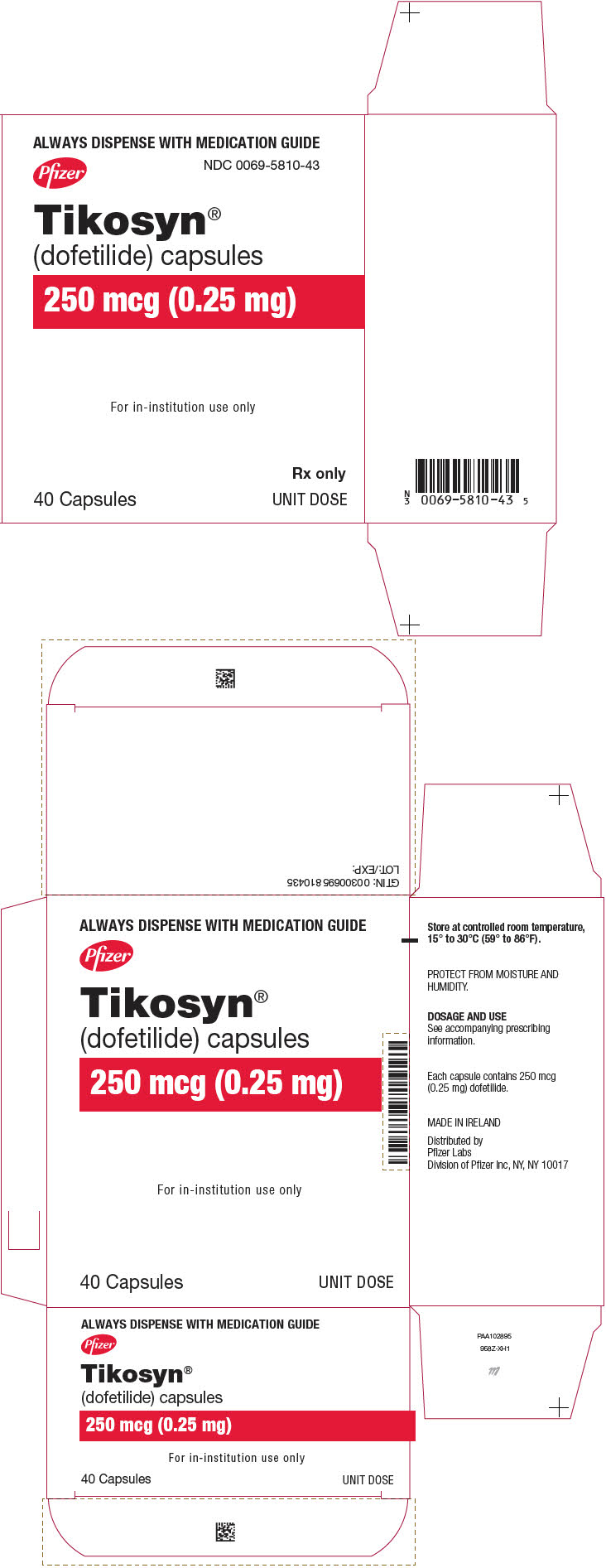Tecasin Afib
- Authors:
- Lip GY, Banerjee A, Boriani G, et al.
- Citation:
- Antithrombotic Therapy for Atrial Fibrillation: CHEST Guideline and Expert Panel Report. Chest 2018;Aug 21:[Epub ahead of print].
The following are key points to remember from the 2018 CHEST Guideline and Expert Panel Report on Antithrombotic Therapy for Atrial Fibrillation (AF):
- The American College of Chest Physicians (ACCP) has updated their 2012 guidelines on the use of antithrombotic medications for patients with atrial fibrillation (AF).
- They recommend the use of the CHA2DS2-VASc score in AF patients to estimate the risk of ischemic stroke and systemic embolism.
- For patients with nonvalvular AF who are at low risk of stroke (CHA2DS2-VASc score of 0 in men and 1 in women), they suggest no antithrombotic therapy.
- For patients with nonvalvular AF who have one or more nonsex CHA2DS2-VASc risk factors, they suggest oral anticoagulation rather than no therapy, aspirin therapy, or dual antiplatelet therapy.
- When selecting an oral anticoagulant, they recommend using a direct oral anticoagulant (DOAC) rather than dose-adjusted vitamin K antagonist therapy for eligible patients.
- For patients with prior unprovoked bleeding, bleeding on warfarin therapy, or at high risk for bleeding, they suggest using apixaban, edoxaban, or dabigatran 110 mg (where available).
- When using dose-adjusted vitamin K antagonist therapy, they recommend aiming for high-quality anticoagulation control (defined as a time in the therapeutic range [TTR] of >70%) and a target international normalized ratio (INR) range of 2.0-3.0. If the quality of vitamin K antagonist therapy is poor (TTR <65%), they recommend interventions to improve control, including more frequent INR tests, reviewing medication adherence, reviewing potential drug-drug interactions, and further education and counseling.
- They recommend addressing any modifiable bleeding risk factors (e.g., uncontrolled hypertension, labile INRs, concomitant use of aspirin or nonsteroidal anti-inflammatory drugs, excess alcohol use) for any patient treated with antithrombotic therapy.
- Any patient at high risk for bleeding (HAS-BLED score of ≥3) should be reviewed and followed frequently.
- For patients with AF >48 hours in duration (or of unknown duration), they recommend therapeutic anticoagulation for at least 3 weeks or undergoing transesophageal echocardiogram (TEE) prior to cardioversion. These patients should remain on anticoagulation for at least 4 weeks after successful cardioversion to sinus rhythm, regardless of baseline stroke risk.
- For patients with a known left atrial appendage thrombus detected on TEE, they recommend postponing cardioversion and continuing anticoagulation for another 4-12 weeks to allow thrombus resolution or endothelialization. The need for a repeat TEE can be individualized.
- For patients with AF undergoing coronary stenting, the use of multiple antithrombotics should be based on the risk of bleeding and the clinical presentation necessitating coronary stenting.
- AF patients undergoing elective coronary stent procedures should be treated with triple therapy for 1-3 months followed by dual therapy (anticoagulation plus clopidogrel) until 12 months, followed by anticoagulation monotherapy for patients with low bleeding risk (HAS-BLED score of 0-2). For patients with high bleeding risk (HAS-BLED ≥3), they recommend triple therapy for 1 month followed by dual therapy for 6 months, followed by oral anticoagulation monotherapy.
- AF patients undergoing coronary stent procedures for an acute coronary syndrome should receive triple therapy for 6 months followed by dual therapy (anticoagulation plus clopidogrel) until 12 months, followed by anticoagulation monotherapy for patients with low bleeding risk (HAS-BLED score of 0-2). Patients with high bleeding risk (HAS-BLED ≥3) should receive triple therapy for 1-3 months, followed by dual therapy up to 12 months, followed by anticoagulation monotherapy.
- In AF patients who have survived intracranial hemorrhage and are at high risk of recurrence (e.g., probable cerebral amyloid angiopathy), they suggest left atrial appendage occlusion.
Clinical Topics:Acute Coronary Syndromes, Anticoagulation Management, Arrhythmias and Clinical EP, Heart Failure and Cardiomyopathies, Invasive Cardiovascular Angiography and Intervention, Noninvasive Imaging, Prevention, Anticoagulation Management and ACS, Anticoagulation Management and Atrial Fibrillation, Implantable Devices, EP Basic Science, SCD/Ventricular Arrhythmias, Atrial Fibrillation/Supraventricular Arrhythmias, Interventions and ACS, Interventions and Imaging, Interventions and Vascular Medicine, Echocardiography/Ultrasound, Hypertension
TIKOSYN is a prescription medicine that is used to treat an irregular heartbeat (atrial fibrillation or atrial flutter). It is not known if TIKOSYN is safe and effective in children under 18 years of age. What are the possible side effects of TIKOSYN? Tikosyn (dofetilide) is an antiarrhythmic drug used to help keep the heart beating normally in people with certain heart rhythm disorders of the atrium (the upper chambers of the heart). Tikosyn is used in people with atrial fibrillation or atrial flutter. What Are Side Effects of Tikosyn? Common side effects of Tikosyn include.
Keywords:Acute Coronary Syndrome, Anticoagulants, Arrhythmias, Cardiac, Aspirin, Atrial Appendage, Atrial Fibrillation, Brain Ischemia, Cerebral Amyloid Angiopathy, Echocardiography, Transesophageal, Electric Countershock, Embolism, Fibrinolytic Agents, Hemorrhage, Hypertension, Intracranial Hemorrhages, Myocardial Ischemia, Platelet Aggregation Inhibitors, Risk Factors, Secondary Prevention, Stents, Stroke, Thrombosis, Vitamin K, Vascular Diseases, Warfarin
What are the Treatment Guidelines of Atrial Fibrillation (AFib)? The American Heart Association explains how to prevent a stroke, do you need aspirin or warfarin therapy for atrial fibrillation, C.H.A.D.S. Download our printable treatment guidelines chart. USES: This medication is used to treat certain types of serious (possibly fatal) irregular heartbeat (such as atrial fibrillation / flutter). It is used to restore normal heart rhythm and maintain a regular, steady heartbeat. Dofetilide is known as an anti-arrhythmic drug.

< Back to Listings